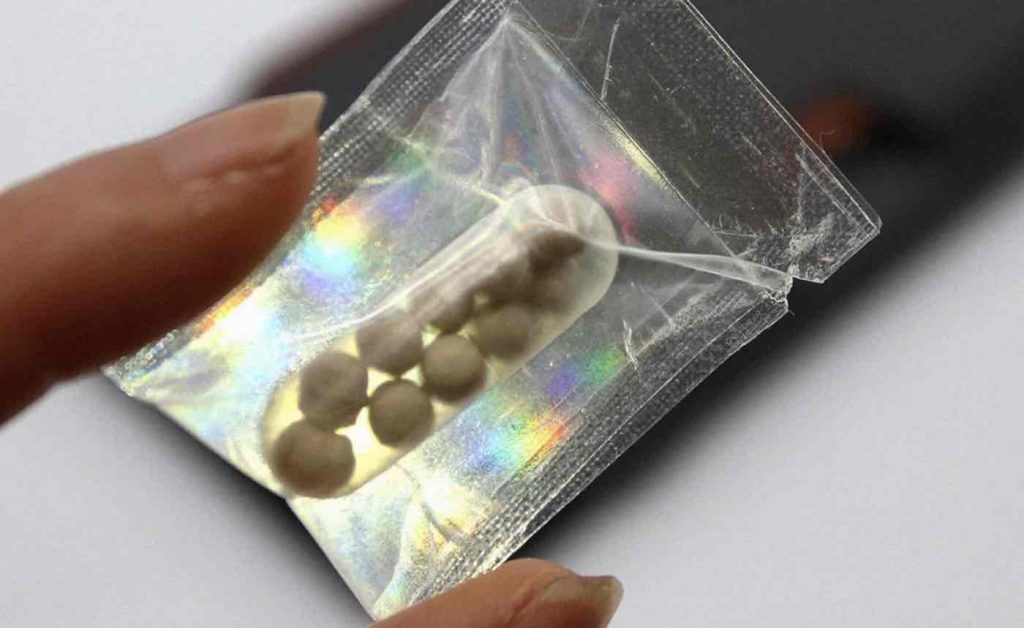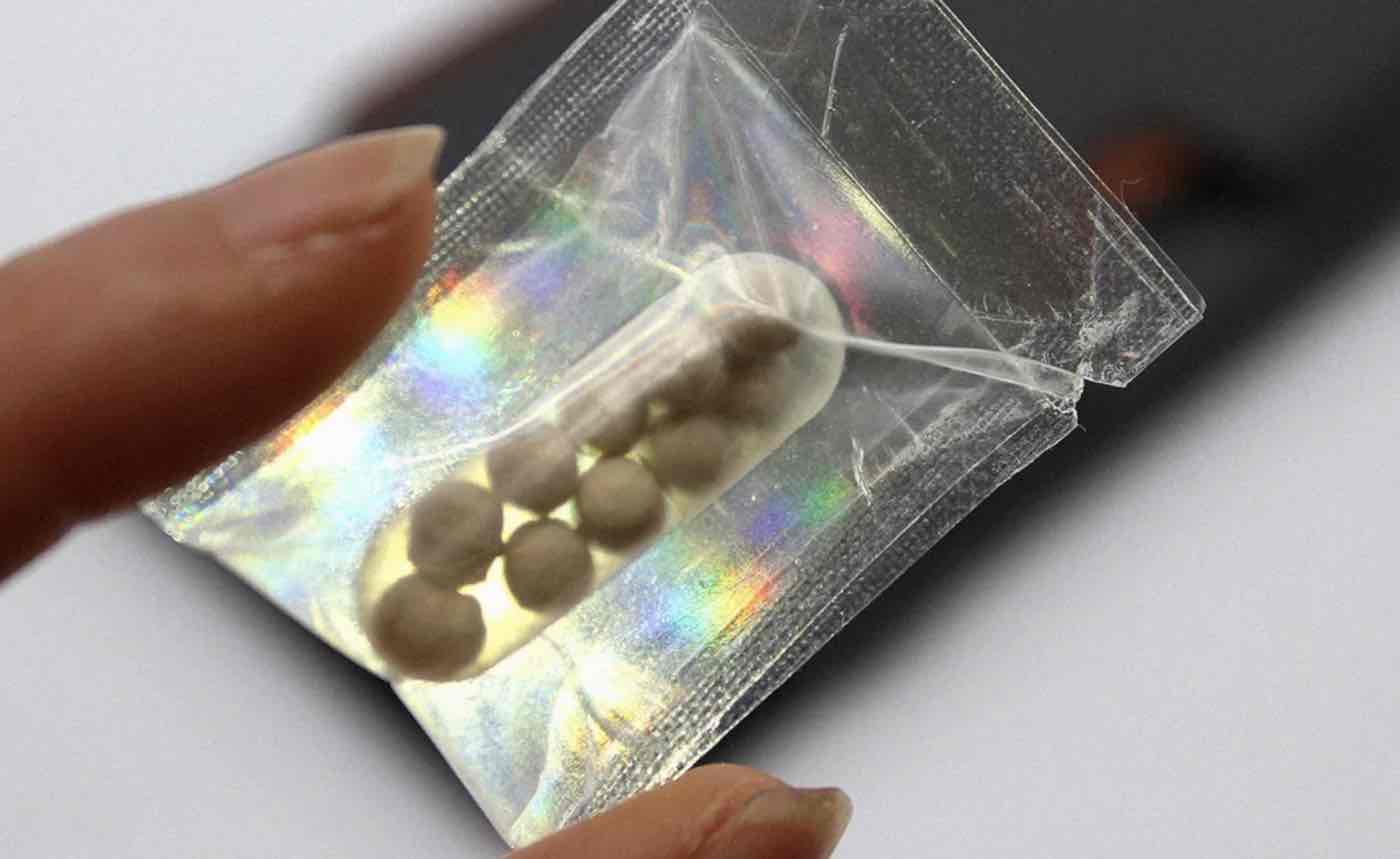Anyone who’s worked in the food service industry understands that the ‘best-by’ dates often come and go long before the product has begun to spoil inside in any way. Contrastingly, anyone who’s worked in the food service industry also knows that food can go bad in ways which we can neither notice nor anticipate.
But what if the packaging containing a fresh food product could detect and warn you when spoilage occurs?
An intrepid nonprofit based out of San Francisco is currently developing such packaging that incorporates sensing material that will change its color, or give a sign in some way, to the handler or buyer when it detects the presence of harmful or unwanted bacteria or other chemicals.
“We’re incorporating sensing mechanisms into our materials that allow it to detect things like spoilage or even cold chain monitoring,” Viirj Kan, CEO of the startup, told Fast Company. In fact, they intend to harness “nature’s embedded intelligence.”
Kan and Noa Machover—the cofounder of Primitives—began developing the idea as students at MIT and they’re now working to commercialize their technology—and they’ve chosen to start with an area of food packaging that doesn’t always make headlines, but is in desperate need of help.
RELATED: German Supermarket Saves Over 2,000 Tons of Food By Reselling Items Other Stores Won’t
Of all the plastic polluting the earth, plastic bottles and ‘single-use’ bags and straws might inspire the greatest revolt and action, but Primitives has determined it’s the ultra-thin, sometimes vacuum-sealed, packaging around meat, produce, and bakery products that today is one of the most difficult items to recycle.

Along with their spoiling-sensing technology, Primitive is developing a compostable version of this sort of plastic as its flagship effort—a plastic that can be composted in your own garden by simply burying it.
Because today’s standard film contains multiple layers of different kinds of plastics, thin plastic sleeves are difficult to recycle. Primitive initially developed theirs with CO2-guzzling algae, but is exploring the potential of other compostable material like cannabis and other agriculture waste.
MORE: 30,000 Pounds of Leftover Super Bowl Food Saved From Landfill and Donated to Charity
Believe it or not, these sorts of bio-materials block oxygen from reaching the food inside even more effectively than plastic—while simultaneously working better to block the sun’s harmful UV radiation, another common cause of spoilage.
No word yet on when their product will be ready for market, or if they have distribution partnerships in place, but we’ll be watching to see what these innovative partners come up with.
Preserve Positivity By Sharing The News With Your Friends On Social Media…




















